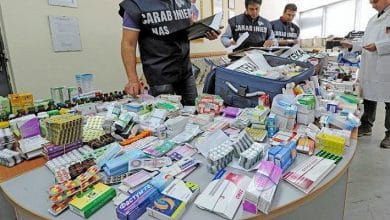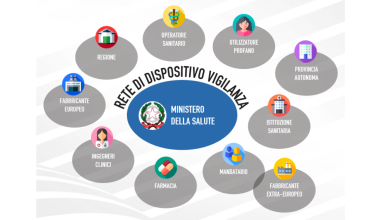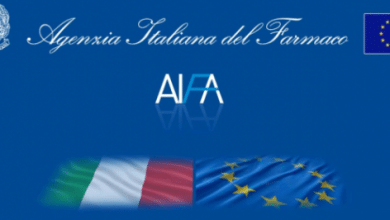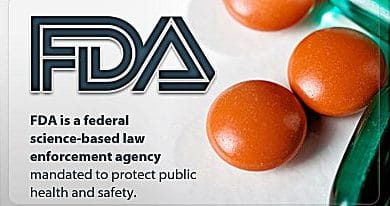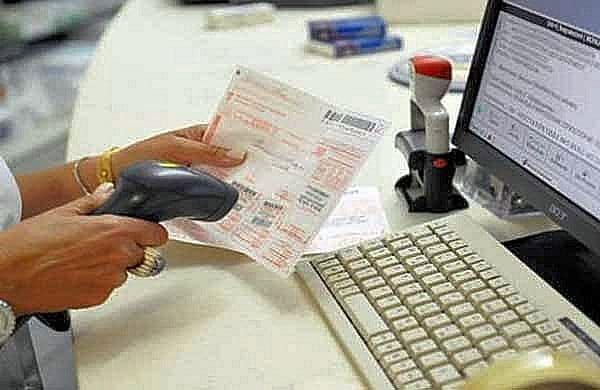
d ten drugs, between "on" and "off patent", reclassified in category C with prescription obligation, i.e. at the expense of the assisted persons. Sixty-three reimbursement levels revised downwards, relating to as many equivalence groups of the Aifa Lists. Forty-five "on patent" and 220 "off patent" drugs with new prices, in force since yesterday. And finally, 24 companies that instead of revising the price lists will pay the Regions a pay-back, equal to the share of savings that AIFA counted against them in the September negotiation. These are the figures that summarize the revision of the Handbook implemented by AIFA with the decision published in the Official Gazette on Thursday, in compliance with the provisions of article 9-ter of law decree 78/2015 (the so-called local authorities decree, converted into 125 /2015).
ten drugs, between "on" and "off patent", reclassified in category C with prescription obligation, i.e. at the expense of the assisted persons. Sixty-three reimbursement levels revised downwards, relating to as many equivalence groups of the Aifa Lists. Forty-five "on patent" and 220 "off patent" drugs with new prices, in force since yesterday. And finally, 24 companies that instead of revising the price lists will pay the Regions a pay-back, equal to the share of savings that AIFA counted against them in the September negotiation. These are the figures that summarize the revision of the Handbook implemented by AIFA with the decision published in the Official Gazette on Thursday, in compliance with the provisions of article 9-ter of law decree 78/2015 (the so-called local authorities decree, converted into 125 /2015).
As will be recalled, the measure instructed AIFA to negotiate with the industries pharmaceutical companies a "reduction in the reimbursement price of medicines paid by the NHS within groupings of therapeutically similar medicines". The companies, in particular, could have decided whether to "distribute the cost reduction" among their specialties included in the groupings, give back to the Regions "the expected savings" through the aforementioned pay-back, or finally accept "the reclassification in band C of the therapeutically similar medicinal products owned by the company".
On the basis of these directives, AIFA conducted three weeks of training in September negotiations which had involved about seventy companies for a total of about 580 specialities. For this reason, as the circular issued yesterday to Federfarma members also recalls, "it is presumable to expect spontaneous price reductions by companies in the coming days, to make their drugs more competitive by bringing them closer to the new reference prices". (AS – Federfarma 10/10/2015)
Assogenerici: companies at risk of sustainability
THE price cuts imparted by AIFA "put economic sustainability at risk of generic companies and their role of creating natural competition in the market». This is the complaint that arrives from Assogenerici after the entry into force of the new Transparency Lists, the result of the revision of the Handbook for similar categories negotiated in September by the Medicines Agency and manufacturers. «Once again» explains the president, Enrique Häusermann «the policy of cuts is being used with regard to pharmaceutical expenditure. Only this time generic medicines, which until now had guaranteed savings of hundreds of millions of euros to the public finances, are unbearably compressed".
Furthermore, the maneuver disappoints genericists because it does not touch the pay-back mechanisms, «which imposes» continues Häusermann «the shelf even on those who generate savings». The same goes for "those constraints, already banned and censored by the European Union", such as the Patent Linkage, which in Italy slow down the marketing of generics. «If we don't change course» is therefore the warning of the president of Assogenerici «we are on the way to making Italy an unsustainable market for generics, where margins are now valued in euro cents per pack. It is possible that in the short term there are those who can support this situation, but not for long and, above all, there is a risk that the Health Service will find itself depending on only one or two producers".
Related news: Determine AIFA n. 1267/2015. (15A07609) (GU General Series n.234 of 8-10-2015)
Part of the provision in graphic format (list)
Revision of the handbook, from today the new Aifa handbook for equivalents

